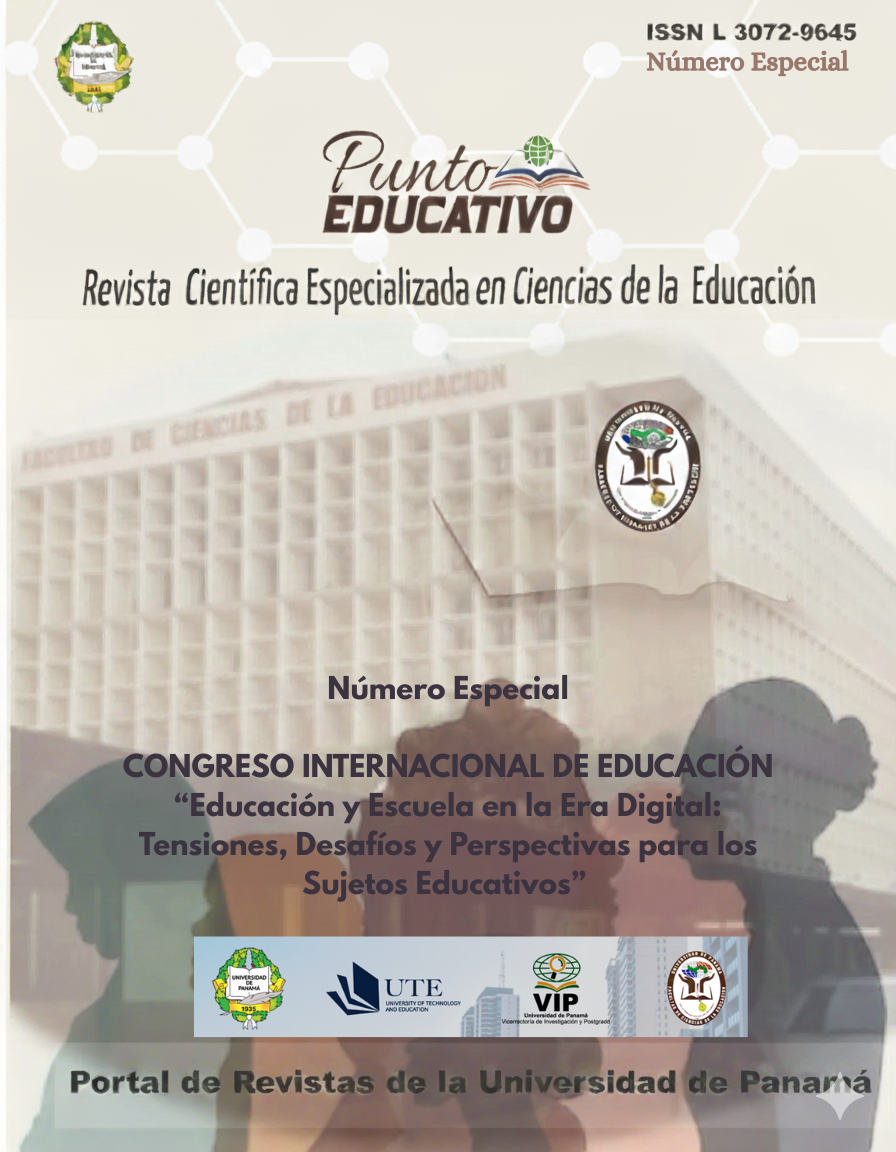

Copyright (c) 2025 Punto educativo

This work is licensed under a Creative Commons Attribution-NonCommercial-ShareAlike 4.0 International License.
The current article seeks to reflect on the analysis of inclusive education and the role of artificial intelligence in teaching English for deaf people, it is based on the post-environment approach, its structure is qualitative, descriptive, positivist, supported by the hermeneutic method in documentary theoretical context, taking the position of different authors such as; Readmakers (2024); Velazquez (2020); Rodríguez (2023); Ortiz et al. (2023); Molina (2020); Cruz and Rosas (2017), among others. among others. Achieving the purpose is based on an exhaustive search for information in specialized databases that allowed the subject to be categorized through exploration in the context of inclusive education studies and the role of artificial intelligence in teaching English for deaf people, incidence of the implementation of this project in its closest environments. In this regard, it should be noted that around these bases there is a social impact, accompanied by visual communication, artificial intelligence technology and learning-teaching. Artificial intelligence also improves the communicative skills and competencies of deaf people in the English language, which which allows them to adapt to artificial intelligence scenarios in which foreign language skills are required. It is reasonable to assume that these strengths will increase the possibilities of accessing the job offers offered by various business sectors at the local, national and international level.